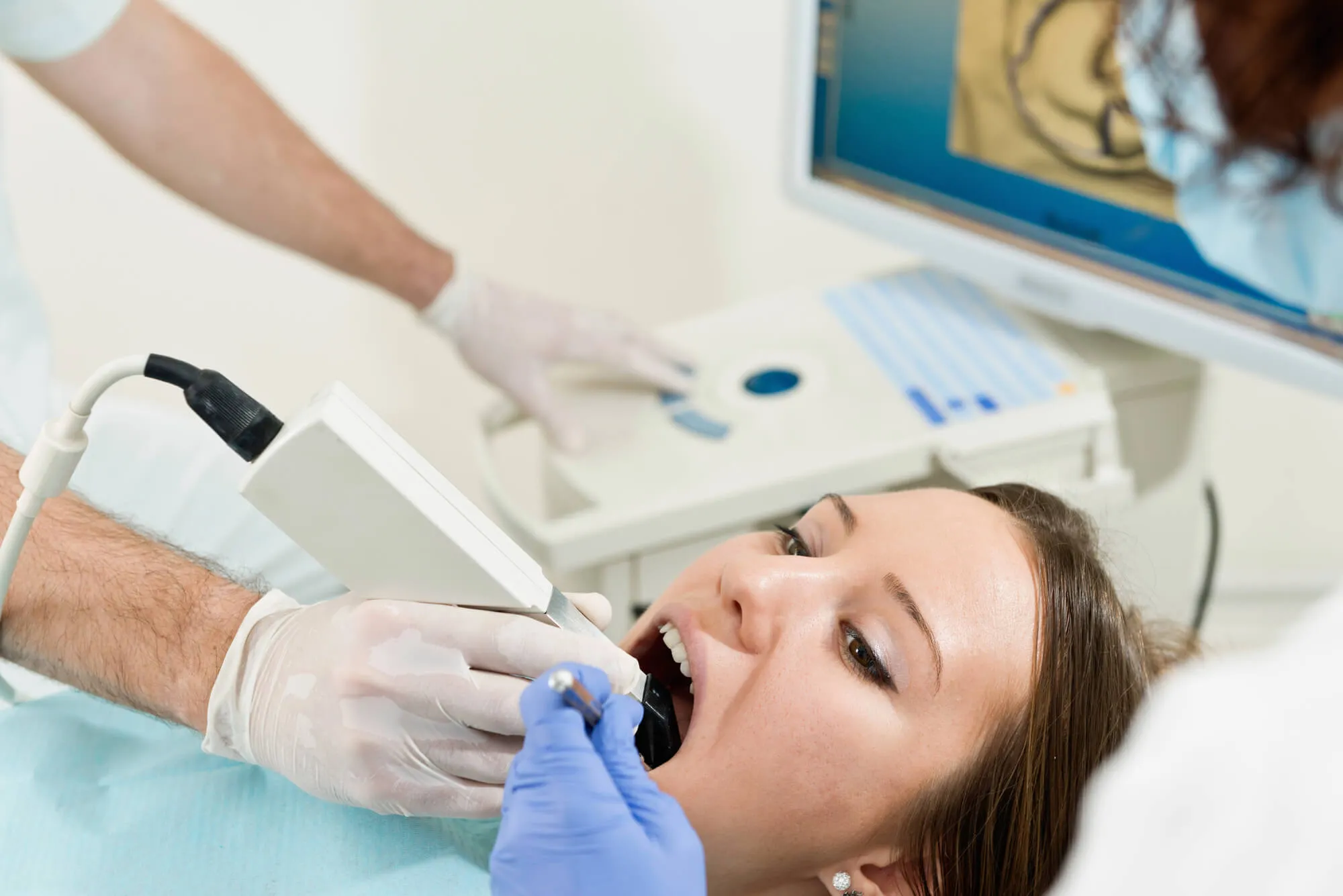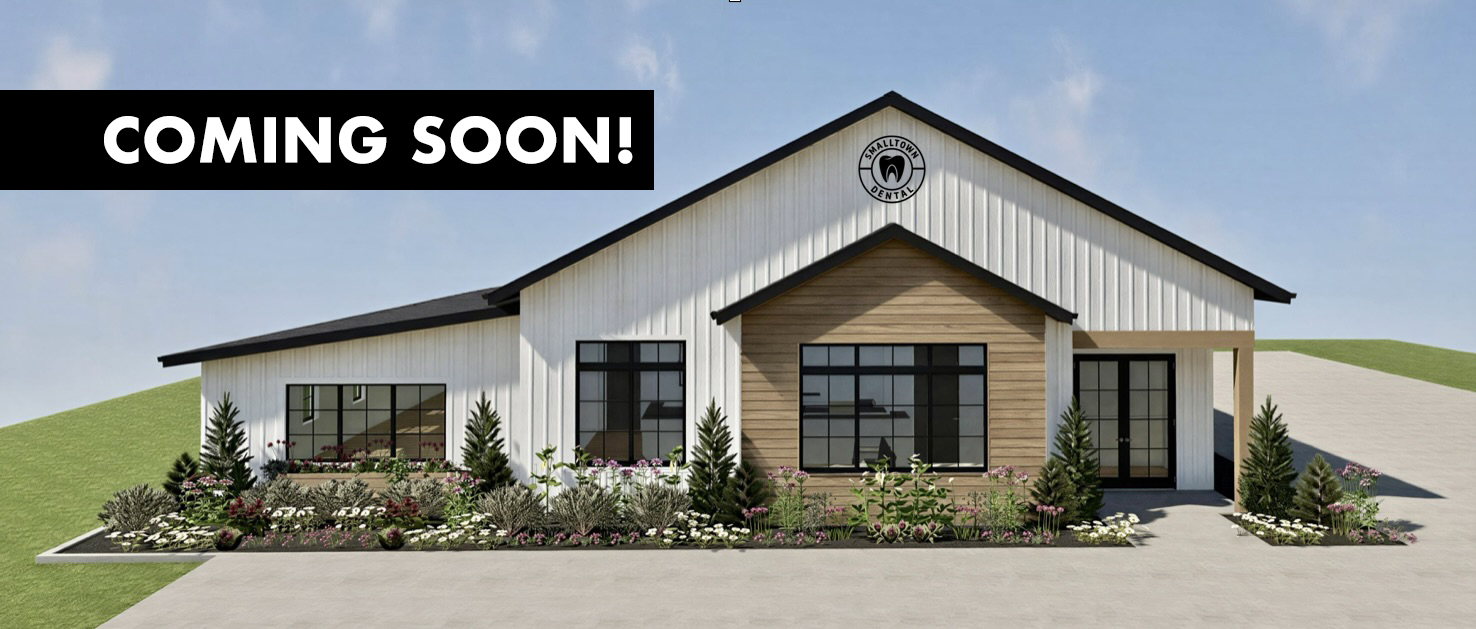One of the biggest challenges of oral health issues is that they rarely come alone: bad oral hygiene leads to cavities and gum disease. These infections can lead to tooth loss without proper dental care, creating a highly negative vicious cycle. When that happens, treatments that target several problems, like full mouth rehab in Morton, IL, become a life-changing option.
Full-mouth rehab involves multiple procedures—such as implants, crowns, root canals, and extractions—to restore various issues at once. However, this can require several hours in the dental chair and can be physically and emotionally taxing. Sedation dentistry is commonly used to help patients remain comfortable and anxiety-free during treatment.

Types of Sedation Used in Full-Mouth Rehabilitation
There are several types of sedation used during full mouth rehabs, depending on the patient's medical history, level of anxiety, and the extent of the dental work required.
1. Nitrous Oxide (Minimal Sedation)
Nitrous oxide, or "laughing gas," helps patients relax while staying fully awake and responsive. It is administered through a mask placed over the nose, and its effects wear off quickly after the gas is stopped. Most patients are able to drive themselves home after receiving nitrous oxide.
- Used For: Routine cleanings, periodontal treatments, fillings, and simple extractions.
2. Oral Sedation (Moderate Sedation)
Oral sedation involves taking a prescribed medication about an hour before the procedure. This method produces a moderate level of sedation. While the patient remains conscious, they often feel drowsy and relaxed and may not remember much of the procedure afterward.
Patients who opt for oral sedation must have someone accompany them to the appointment, as the effects of the sedative can last for several hours.
- Used For: Root canals, dental extractions, deep fillings, crown placements, and multiple procedures performed in one sitting.
3. Intravenous (IV) Sedation (Deep Sedation)
IV sedation delivers sedative drugs directly into the bloodstream through a vein, usually in the arm or hand. This method allows for a deeper level of sedation. Patients typically remain conscious but, in a twilight state, with little to no memory of the procedure.
- Used For: Oral surgeries like complex tooth extractions, implant placement, bone grafts, etc.
4. General Anesthesia (Deep Sedation)
In rare and more extreme cases, general anesthesia may be used. This form of sedation renders the patient completely unconscious and is typically administered in a hospital or accredited surgical center. Anesthesia is reserved for situations where full-mouth rehabilitation is paired with jaw surgery or when the patient has a severe dental phobia or special needs.
- Used For: Jawbone surgery, multiple implant placements, and complex wisdom teeth extractions.
Recovery Tip: Over-the-Counter Pain Management Options
Pain management after the procedure plays an important role.
After a full-mouth rehabilitation procedure, patients may experience soreness, swelling, or mild pain as they heal. Over-the-counter (OTC) medications can effectively manage this discomfort for most people. Common options include:
- Ibuprofen: An anti-inflammatory drug that reduces pain and swelling.
- Acetaminophen: This is a gentler pain reliever on the stomach and liver, but it does not reduce inflammation.
- Naproxen: A longer-lasting anti-inflammatory that may be useful for extended pain relief.
Make sure to follow dosage instructions and consult with your dentist or healthcare provider before taking any medications!

Choose the Right Sedation Option for Your Full Mouth Rehab in Morton, IL
Your dentist will conduct a comprehensive consultation to determine the best sedation option for your full-mouth rehabilitation plan. This decision will be based on several key factors, including your medical history, anxiety levels, the duration of your procedures, and your personal preferences. Open communication about your concerns and needs is essential to this process.
By maintaining honest dialogue throughout your treatment, we can ensure your comfort and achieve the best possible outcome for your new smile. Ready to take the next step? Contact Smalltown Dental today to discuss your concerns and learn how we can help you achieve the smile you've always wanted.








.webp)








